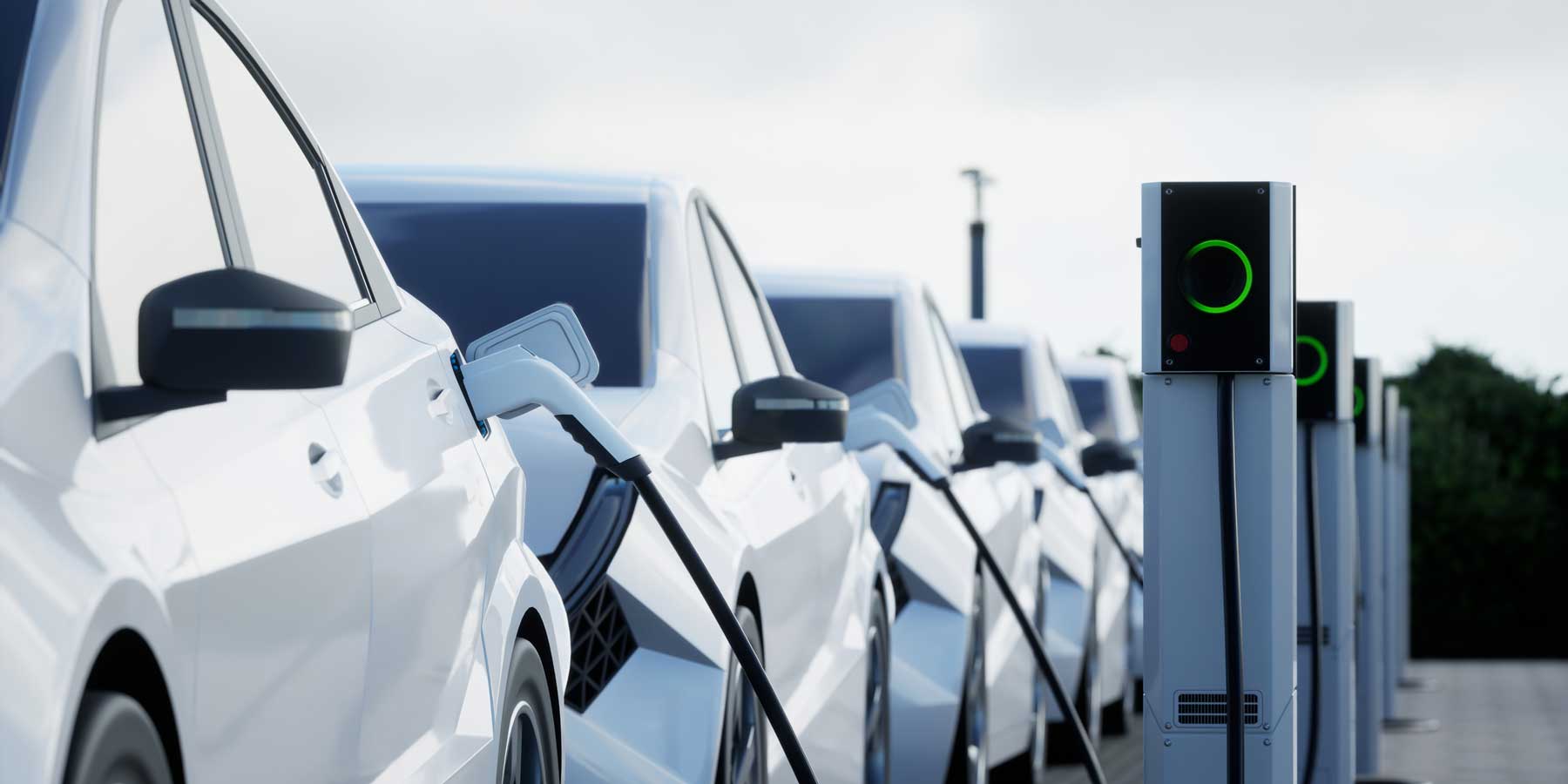Electric vehicles (EVs) are no longer just a global trend; they are slowly finding their place in Ghana’s transport system. Once seen as far-fetched, EVs and hybrids are becoming more visible on the roads, signaling a gradual shift in how Ghanaians think about mobility.
This shift was the focus of a recent MX24 discussion titled The Evolution of Electric Vehicles in Ghana, hosted by Miriam Mensah on the station’s morning show, The AM Club. The conversation featured Peter Egyin-Mensah, Founder and COO of IJANU Ltd, and Sheena Sue Biney, General Manager of WopeCar, who shared insights on the promise and practical realities of EV adoption in Ghana.
Early Foundations and Market Response
According to Egyin-Mensah, much of the early groundwork for EV awareness in Ghana can be traced to the Energy Commission’s education efforts, particularly through the work of Doris Edem Agbevivi and her team. These initiatives introduced the benefits of EVs to the public, covering both vehicles and charging systems.
Today, more Ghanaians are beginning to embrace the technology, drawn not only by the environmental advantages but also by the economic benefits of lower running costs compared to fuel-powered vehicles.

Why Companies Are Piloting EVs
In recent years, businesses in Ghana have begun experimenting with EVs. Biney noted that WopeCar, for example, became the first car rental company to pilot EVs in its fleet.
“We are only doing our part in driving change towards a more sustainable Ghana and the world in extension,” she said.
“Sustainability is the future, and if we are going to leave the earth in good shape for our kids, this is it.”
For companies like WopeCar, adopting EVs aligns with broader sustainability goals while offering a model for how businesses can contribute to Ghana’s green transition.
The Economics of EVs
Despite high import costs, the long-term economics of EVs make them attractive. Egyin-Mensah explained that EVs have fewer moving parts under 200, compared to more than 2,000 in traditional internal combustion engine (ICE) vehicles. This translates into lower maintenance, fewer breakdowns, and no oil changes.
He also highlighted subscription models that reduce charging costs. For instance, a monthly EV charging package can be about GHS 900, a fraction of what most drivers spend on petrol.
Challenges That Remain
Still, barriers exist. Import duties remain high, even with partial government waivers introduced in 2024 for commercial vehicles. Infrastructure is also lagging; while filling stations are common, EV charging stations are limited, making long-distance travel less convenient.
Maintenance requirements, although lighter, also require specific expertise and consistency, for example, regular tyre rotations to account for battery weight distribution.
Looking Ahead
Both speakers agreed that Ghana’s EV transition will be gradual. While global examples from China to the US, show momentum, Ghana’s context requires careful balancing of affordability, infrastructure, and policy support.

Biney summed up the sentiment:
“The goal is to make EVs more accessible. Two, three, five years from now, it will look different. What better time to start than now?”
As Ghana’s transport sector evolves, EVs represent not just a cleaner alternative, but also an opportunity for innovation, cost savings, and sustainable growth.
You can catch the interview here:
The AM Club LIVE #mx24gh #funfearlessfactual #TheAMClub https://t.co/wEmiChyPo9
— MX24 TV (@mx24gh) September 2, 2025








